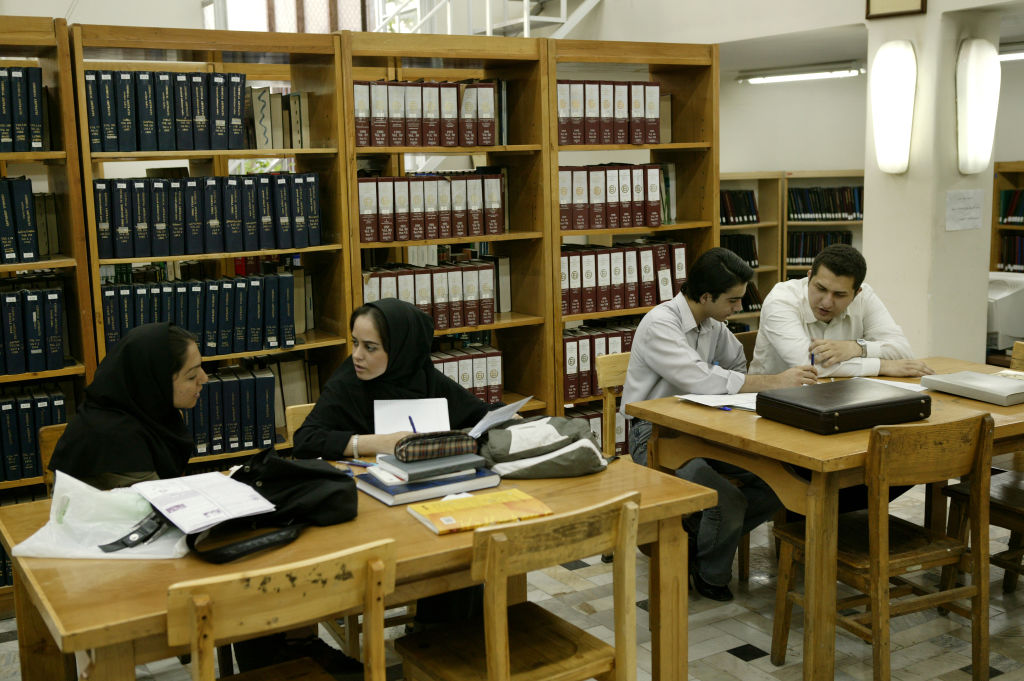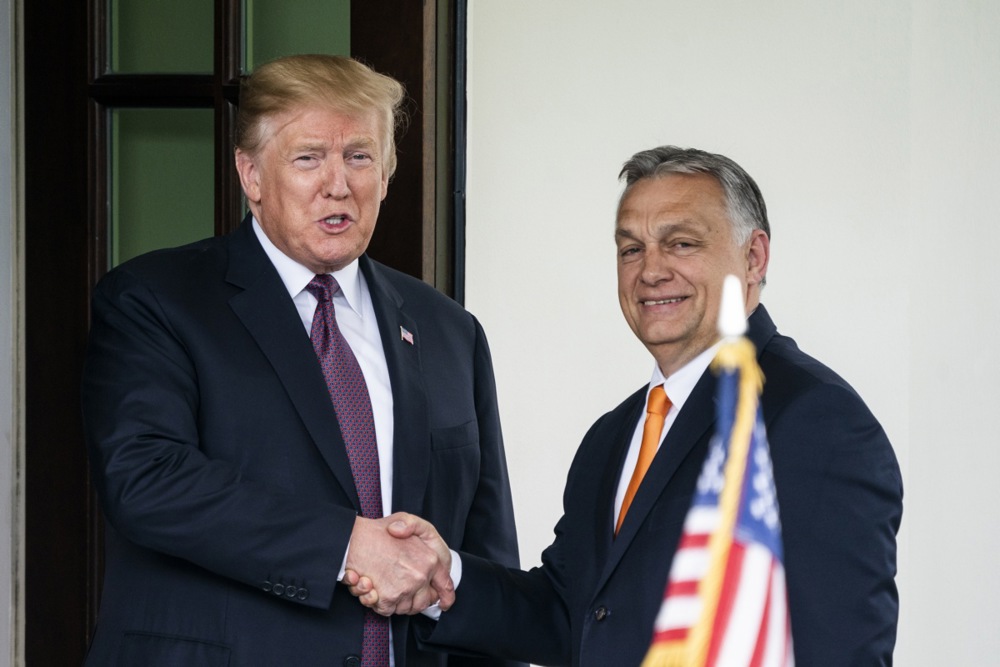The European People’s Party (EPP), the largest group in the European Parliament, has sounded an alarm regarding what it saw as the European Union’s regulatory overload.
The group, that counts European Commission President Ursula von der Leyen among its members, on January 18 called for a reduction in the “bureaucratic burden” weakening EU’s competitiveness.
The centre-right EPP stressed that, while harmonised regulations can benefit businesses within the bloc, the cumulative effect of excessive regulation had become a burden that undermined the bloc’s “economic vitality”.
“Excessive regulation and bureaucracy have today become a key reason for the EU’s productivity falling further behind the US and China,” it said.
The group argued that the gap between the US and the EU in GDP terms had widened from 17 per cent in 2002 to 30 per cent in 2023.
In its bid to cut back bureaucracy and regulation and increase competitiveness, the EPP proposed that for every new regulation, two old but still effective regulations should be abolished.
The group also targeted the EU’s Corporate Sustainability Reporting Directive and the Corporate Sustainability Due Diligence Directive, labelling the protocols “excessive and burdensome” with “immense trickle-down effects for European” businesses.
Under the due diligence directive, companies failing to comply face fines of up to 5 per cent of their annual global revenue, a prospect Qatar’s energy minister Saad Sherida al-Kaabi had previously called “unacceptable”.
In December 2024, Qatar threatened to stop oil trade with the EU because of this directive.
The bleak outlook for the European economy must be countered by a clear focus on more competitiveness with less and better targeted regulation.
The EPP also called for change within the EU’s Green Deal.
It urged the postponement of the Taxonomy Regulation and the Carbon Border Adjustment Mechanism for at least two years, arguing that the decarbonisation agenda was weakening European competitiveness.
The EPP was the not only group demanding change in the EU, especially regarding the Green Deal.
Car makers in the bloc have called for the EC to roll back CO2 emission-breach fines.
For Samuel Furfari, a professor and author who has been critical of the EU’s economic strategy, the EU was a prisoner of its own “green” regulations.
“It’s not a surprise that our economy is suffering, while others are increasing their competitiveness. If all the world was following the EU, there would be no problem. But we are the only one to follow this strategy,” he told Brussels Signal in December last year.
“I’m teaching energy geopolitics, so my job is to look at what is going on in the world and I can assure you that we are the only one destroying our competitiveness,” he added.
Friederich Merz, the leader of the Christian Democrats in Germany’s coming elections, said industry was more important than climate protection. https://t.co/TEcH783FLw
— Brussels Signal (@brusselssignal) January 15, 2025
The EPP called for enhanced commercial and economic competitiveness with US President Donald Trump’s return to power.
He has proposed policy changes, with increased tariffs for trade partners including the EU, that some fear could badly affect member states.
According to a recent report by the Economist Intelligence Unit, Germany would be most exposed to such moves under the new Trump administration.
The European automobile industry has called on the EU to roll back CO2 emission fines to avoid crippling the bloc’s competitiveness. https://t.co/a3FKVnJR6U
— Brussels Signal (@brusselssignal) January 17, 2025





